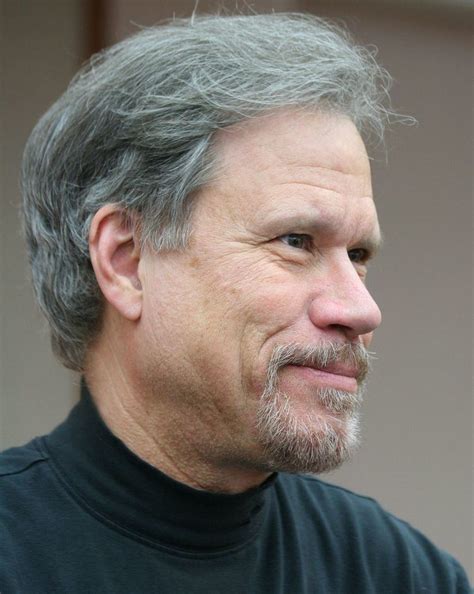A Quote by Jackson Pollock
Related Quotes
Was his life nothing? Had he nothing to show, no work? He did not count his work, anyone could have done it. What had he known, but the long, marital embrace with his wife. Curious, that this was what his life amounted to! At any rate, it was something, it was eternal. He would say so to anybody, and be proud of it. He lay with his wife in his arms, and she was still his fulfillment, just the same as ever. And that was the be-all and the end-all. Yes, and he was proud of it.
Anytime you adapt work of somebody who you respect, as much as I respect him, it's an enormous responsibility. In honoring that responsibility, what we try to do is to continually use his work, and the writing that he did about his life and his work, as our guide. That starts with his intent for what he was trying to express when he wrote it, and it extends to his intent overall.
I cannot define for you what God is. I can only say that my work has proved empirically that the pattern of God exists in every man and that this pattern has at its disposal the greatest of all his energies for transformation and transfiguration of his natural being. Not only the meaning of his life but his renewal and his institutions depend on his conscious relationship with this pattern of his collective unconscious.
It is obvious that Paul did not regard prayer as supplemental, but as fundamental-not something to be added to his work but the very matrix out of which his work was born. He was a man of action because he was a man of prayer. It was probably his prayer even more than his preaching that produced the kind of leaders we meet in his letters.
What a wee little part of a person's life are his acts and his words! His real life is led in his head, and is known to none but himself. All day long, the mill of his brain is grinding, and his thoughts, not those of other things, are his history. These are his life, and they are not written. Everyday would make a whole book of 80,000 words -- 365 books a year. Biographies are but the clothes and buttons of the man -- the biography of the man himself cannot be written.
The faithful man perceives nothing less than opportunity in difficulties. Flowing through his spine, faith and courage work together: Such a man does not fear losing his life, thus he will risk losing it at times in order to empower it. By this he actually values his life more than the man who fears losing his life. It is much like leaping from a window in order to avoid a fire yet in that most crucial moment knowing that God will appear to catch you.
The young man who addresses himself in stern earnest to organizing his life-his habits, his associations, his reading, his study, his work-stands far more chance of rising to a position affording him opportunity to exercise his organizing abilities than the fellow who dawdles along without chart or compass, without plan or purpose, without self-improvement and self-discipline.
I want to live darkly and richly in my femaleness. I want a man lying over me, always over me. His will, his pleasure, his desire, his life, his work, his sexuality the touchstone, the command, my pivot. I don’t mind working, holding my ground intellectually, artistically; but as a woman, oh, God, as a woman I want to be dominated







































